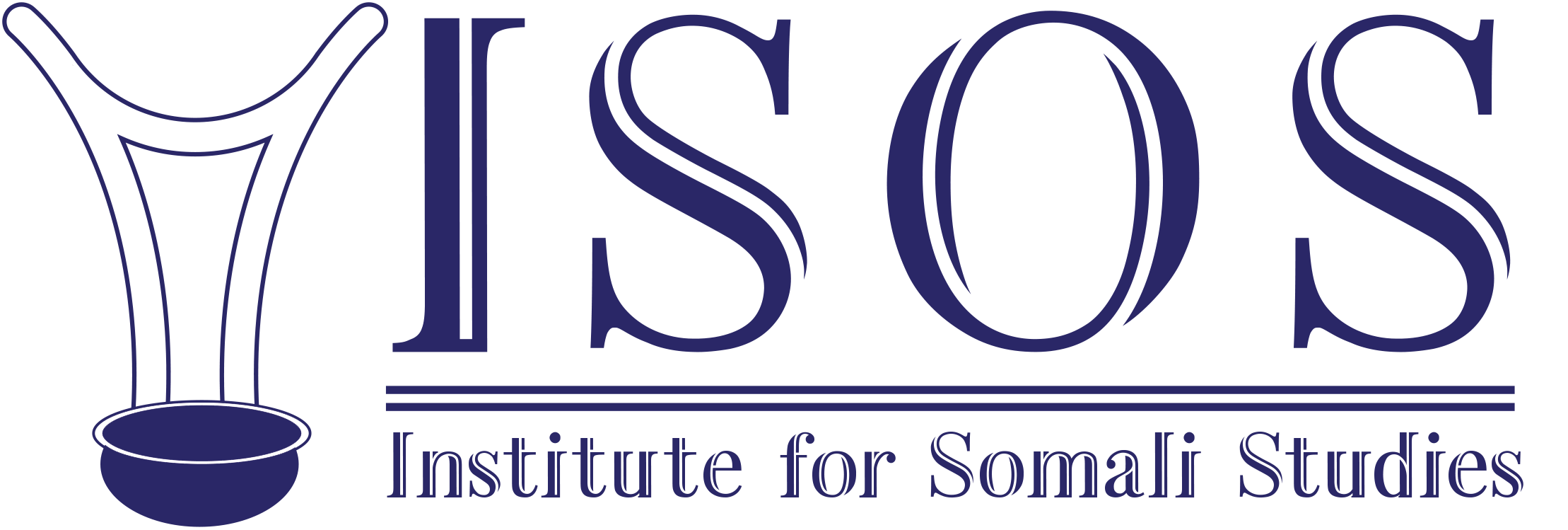Mucda Qoraalka (Abstract)
Weedhaha Af-Soomaaliga waxa badiba weheliya weedhtoosiye ama qurubweedheed (sentence particle) siiba kuwa wartebineed (declaratives). Qurubweedheedyada raaca weedhaha wartebined waa: ‘baa’ ‘ayaa’ ‘waa’ iyo ‘weeye’. Weedhtoosiyaha ‘ayaa/baa’ waxa uu ka dambeeyaa oo la guuraa magaca iyo wixii raaca. Weedhtoosiyaha ‘waa’ se, waxa uu ka dambeeyaa oo la guuraa falka iyo wixii raaca. Qoraalka guud (surface structure) dareeerinta ereyada weedhu (word order) labada noocba ma aha mid joogtaysan (constant) oo waxa ka farcama dhawr weedhood: maxaa yeelay, magaca ayaa dega dhawr meelood.
Haddiise magacyada weedha lagu beddelo magacuyaallo (pronouns), dareerinta saleed ee weedha ayaa qeexmaysa, sida, ‘Tuug (subj) baa ina (obj. us) sigay haddeer. Haddeer baa uu (subj) ina sigay (tuug)’.
Markii aynu falihii/yeelihii (subj.) ku beddelnay magacuyaal, kama dabadhicin lagufalihii/layeelihii (obj.) ee waa ka hordhacay. Dareerinta saleed ee weedha fududi kolkaas, waa ‘SOV’.
Keywords:
Somali language, sentence particle, Somali word order, Mogadishu University, ISOS,

